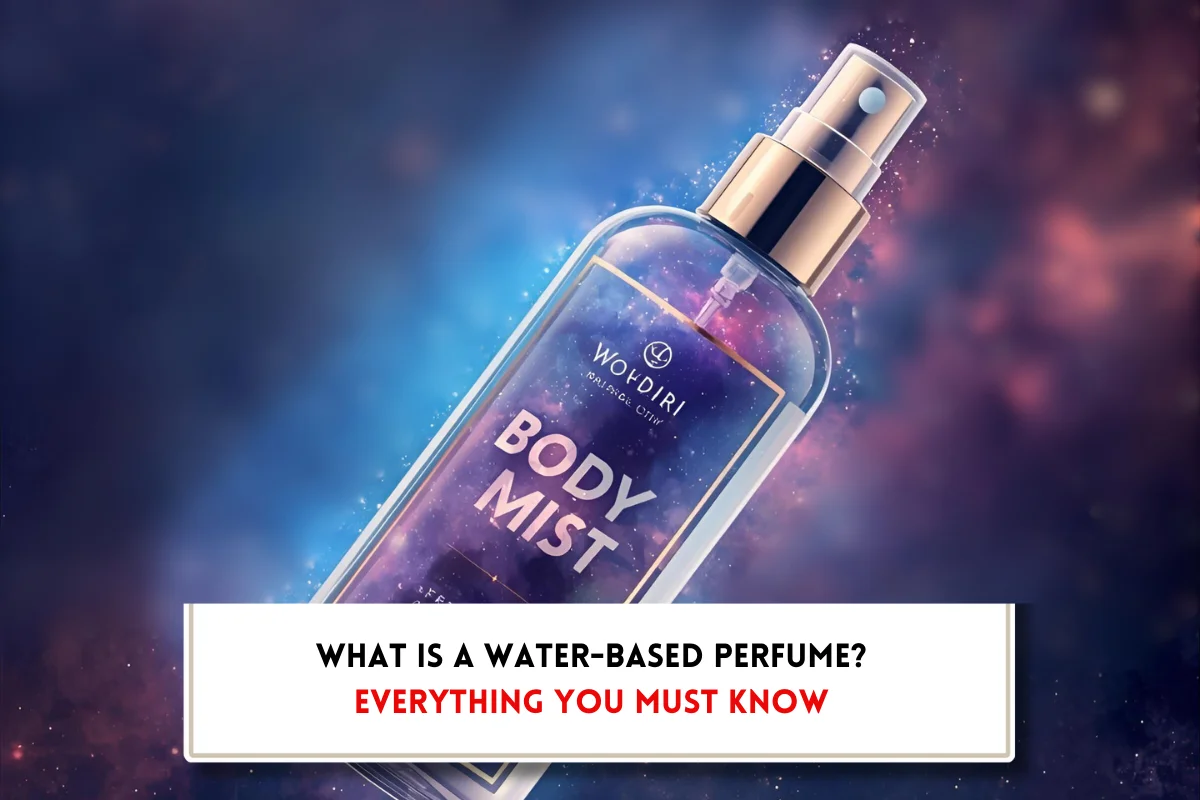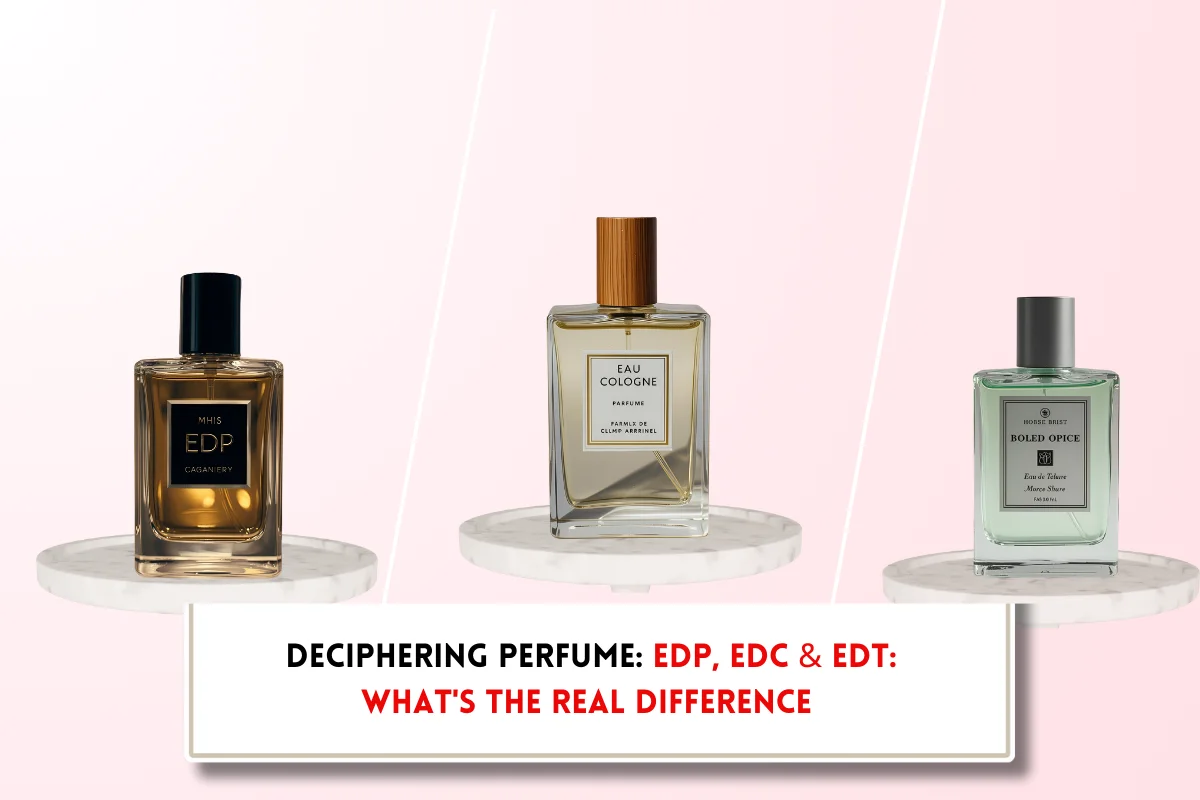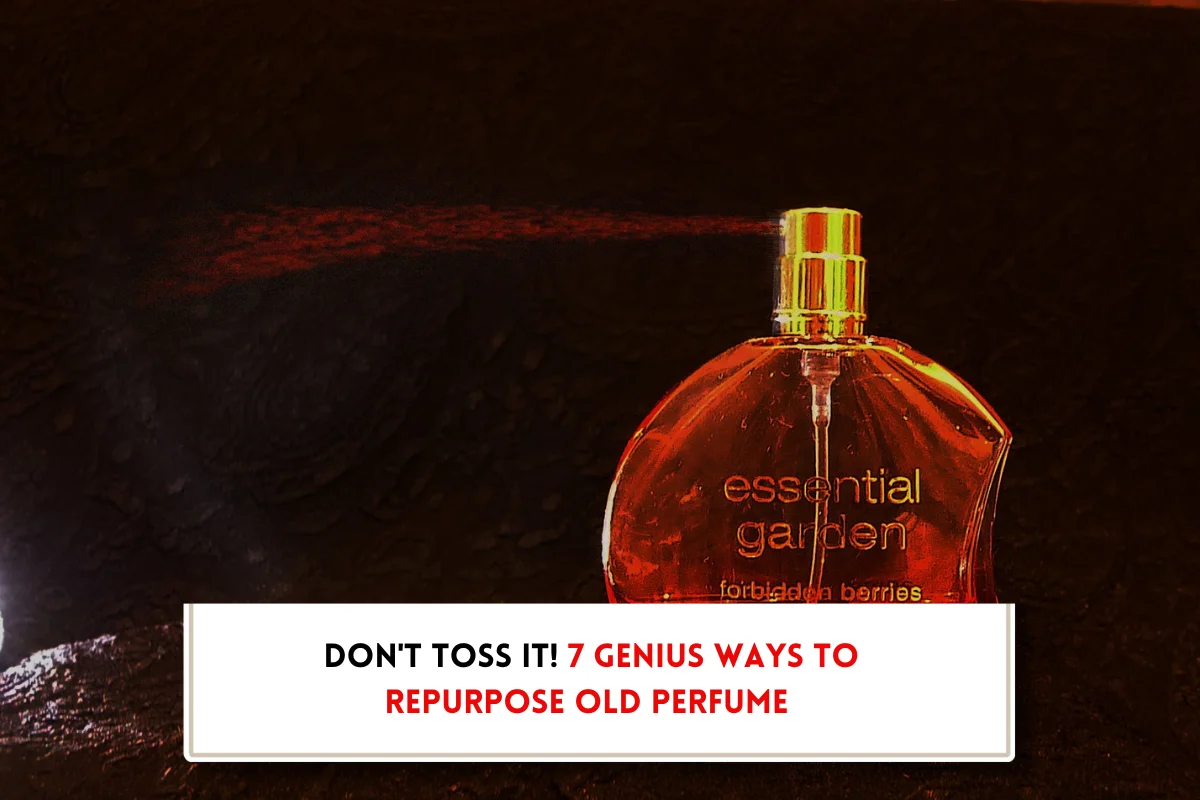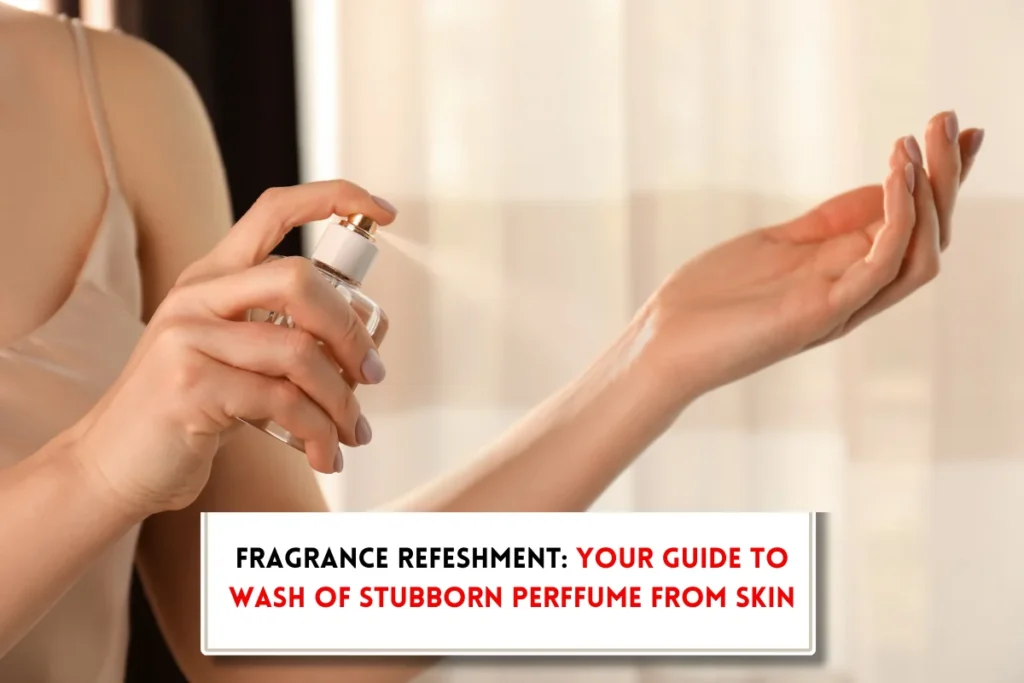Fragrance Safety 101 – Is perfume flammable?
At BeautyCaters, our expert team independently curates every recommended product. Purchases through our links may earn us a commission. Explore our transparent selection process.
Beyond the enchanting equation of those aromatic notes, there’s a crucial, often overlooked, aspect perfume holds: its volatility and flammability.
So, get ready to delve into the intriguing science of perfume as we answer the vital question: Is perfume flammable?

Can all perfumes catch fire?
It’s true! Most perfumes are, in fact, flammable. The main reason most perfumes are flammable is their high alcohol content, typically ethanol. Alcohol is a highly volatile substance, meaning it evaporates easily and releases flammable vapors. If these vapors encounter a heat source or an open flame, they can ignite.
While all alcohol-based perfumes have the potential to catch fire, their flammability can vary based on the concentration of alcohol. Perfumes with a higher percentage of alcohol will generally be more susceptible to ignition.
Why is perfume flammable?
It might surprise you, but perfume, cologne, and most other fragrances contain a significant percentage of ethyl alcohol (also called ethanol). It is the unsung hero that act as the primary solvent. And here’s the crucial detail: ethanol is a highly flammable liquid. When ethanol comes into contact with oxygen and a source of ignition (like a flick of a lighter), it undergoes a chemical reaction called combustion. This process produces carbon dioxide, water, and heat. This means it can readily ignite if exposed to a flame or a heat source. This is why you should always keep your perfumes away from open flames, candles, or even direct sunlight.
So, why is this flammable liquid such a staple in perfumery? Because ethanol plays a vital role as a solvent. Think of it as the perfect vehicle. It effortlessly dissolves the precious aromatic oils and other ingredients that give your perfume its unique and captivating scent. Without ethanol, these concentrated oils would be too thick and wouldn’t disperse evenly, making it impossible to create that fine, airy mist we associate with perfume. Plus, this rapid evaporation and interaction with oxygen is what allows the fragrance molecules to be released into the air, creating the very scent you enjoy.
So, the next time you indulge in your favorite fragrance, take a moment to appreciate the fascinating chemistry behind it. Ethyl alcohol, while flammable, is the essential component that brings your perfume to life, allowing its exquisite notes to unfold and enchant.
Also Read: Perfume vs. body spray vs. body mist- What’ the difference?
Does perfume come in non-flammable alternatives?

If you’re looking for a safer, non-flammable option! There are fantastic alcohol-free perfumes available. These alternatives often come in different forms:
- Solid Perfumes: These are a fantastic non-flammable choice! Solid perfumes are typically made with a base of beeswax or other waxes, blended with essential oils and fragrance compounds. Since they don’t contain any flammable solvents, they’re much easier and safer to travel with and store.
- Oil-Based Perfumes: Instead of alcohol, these perfumes use carrier oils (like jojoba or almond oil) to dilute and deliver the fragrance. They often have a richer, more intimate scent profile and tend to last longer on the skin as they evaporate more slowly.
- Water-Based Perfumes: While less common, some perfumes use purified water as their base, combined with emulsifiers to blend with the fragrance oils. These can offer a lighter, more refreshing scent experience.
What factors determine is your perfume flammable?
Almost all perfumes, colognes, and fragrances are indeed ignitable if they contain alcohol. But it’s not a one-size-fits-all scenario. The extent of a scent’s flammability is determined by two key factors: its flash point and the concentration of alcohol present.
Flash Point
Imagine a liquid sitting there, seemingly still. But even at room temperature, it’s constantly releasing invisible vapors into the air. The flash point of a scent is the lowest temperature at which these vapors, when mixed with air, can ignite if exposed to an ignition source like a flame or a spark. This flash point isn’t uniform across all fragrances. It differs based on the type of alcohol used in the perfume’s preparation and, most significantly, its concentration.
Concentration of alcohol

Most perfumes frequently contain a significant amount of ethyl alcohol (ethanol), often 24% or even more by volume. And ethanol has a remarkably low flash point, typically around 16 degrees Celsius (16 °C).
It means that even at comfortable room temperature, the alcohol in your fragrance can readily evaporate and form ignitable vapors. If these vapors then encounter an open flame, a spark, or even a very hot surface, under the right conditions, your perfume can indeed catch fire.
This is why you’ll often see warnings on perfume bottles to keep them away from heat and open flames.
How to check if a perfume is alcohol-free?
Even if a perfume is marketed as “alcohol-free,” it’s always a good idea to check the label before assuming it’s non-flammable. Some alcohol-free formulations might still contain other flammable ingredients.
At what temperature does perfume ignite?
While it’s tricky to give a single, absolute number for every perfume on Earth, on average, a typical perfume could potentially ignite if it reaches around 78°C (172°F).
However, remember: every perfume has its own unique “flash point.” This means that while 78°C is an average, your particular perfume might have a flash point that is either lower or higher than that.
Is cologne flammable?
Yes, just like perfumes, cologne is highly flammable, and all credit goes to its primary ingredients, the base, alcohol, or more specifically, ethanol. This substance is highly volatile, meaning it evaporates easily, releasing flammable vapors into the air. When these vapors come into contact with an ignition source, they can easily catch fire.
Final word
So, after uncovering the hidden truths about your favorite fragrances, it is undeniably clear that perfumes are inflammable.
But don’t let this knowledge extinguish your love for luxurious scents! Instead, let it empower you. By understanding the fiery potential of your perfumes and colognes, you can now make smarter choices about how you store and apply them, ensuring both your safety and the longevity of your beloved bottles.










